Park buses in Moscow will grow rapidly
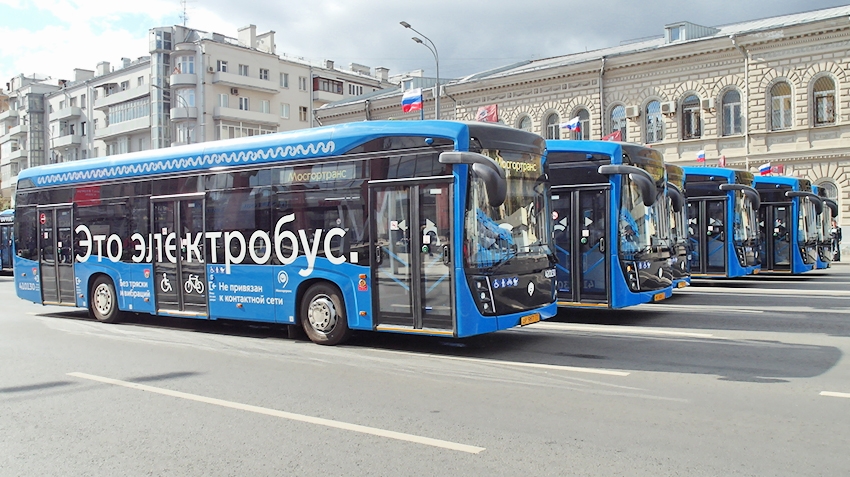
18 October 2019
In 2020 the capital will purchase 300 buses and then buy them 600 per year
First Deputy head of the Department of transportation and development of road transport infrastructure of Moscow Sergey Andreikin said that the capital management for the year 2020 is the purchase of 300 buses,
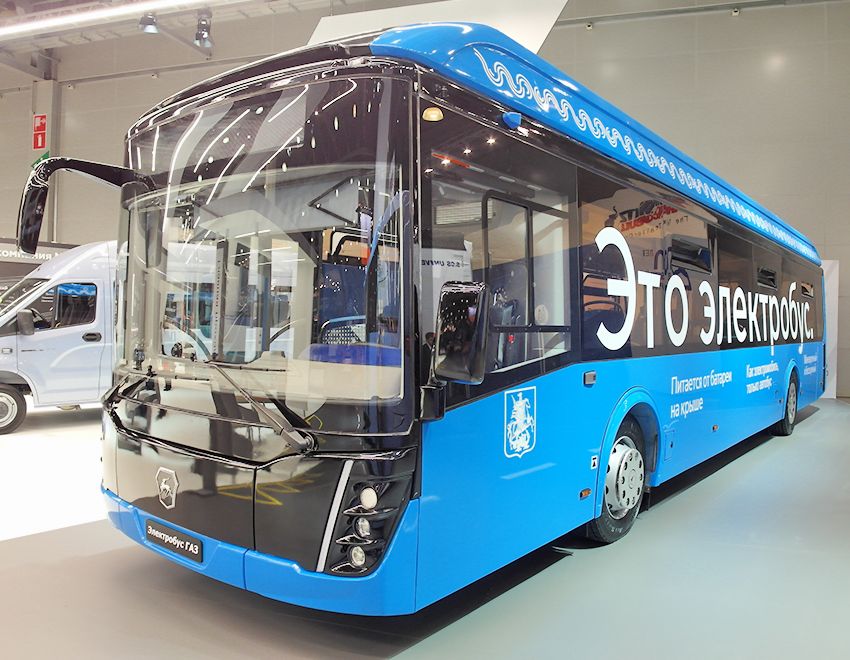
and in subsequent years the volume of procurement must reach the level of 600 cars per year.
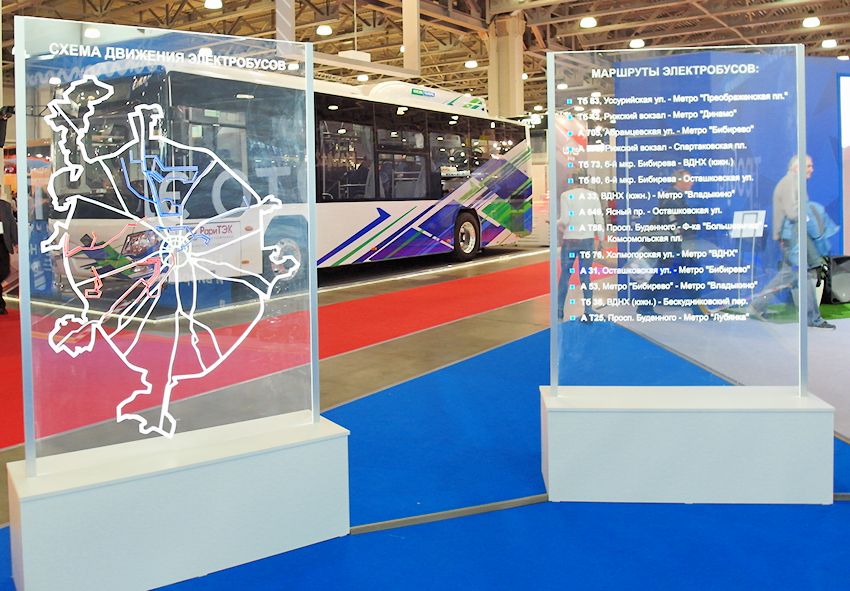
Recall that currently, 14 of the capital marsrutai (including SKOLKOVO) operates more than 220 buses.
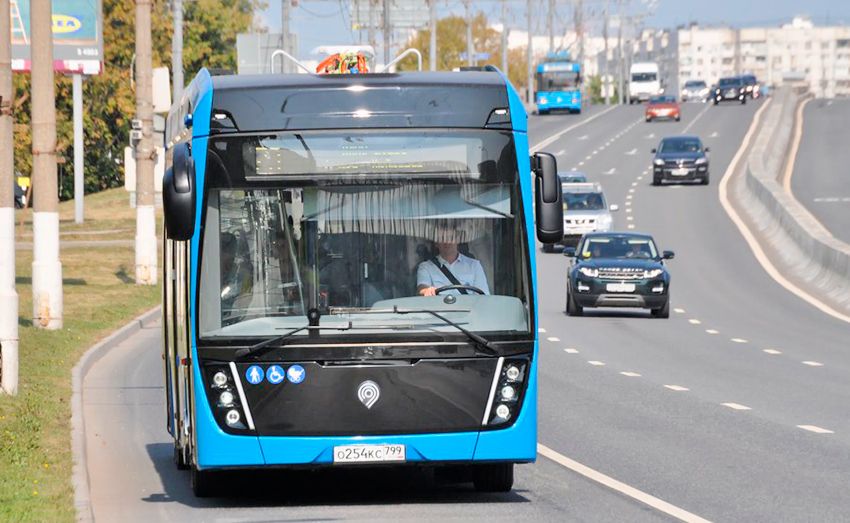
According to Sergey Andreikin who use this mode of transport reduces the cost of operation compared to conventional trolleybuses, powered by overhead contact a total of 10%.
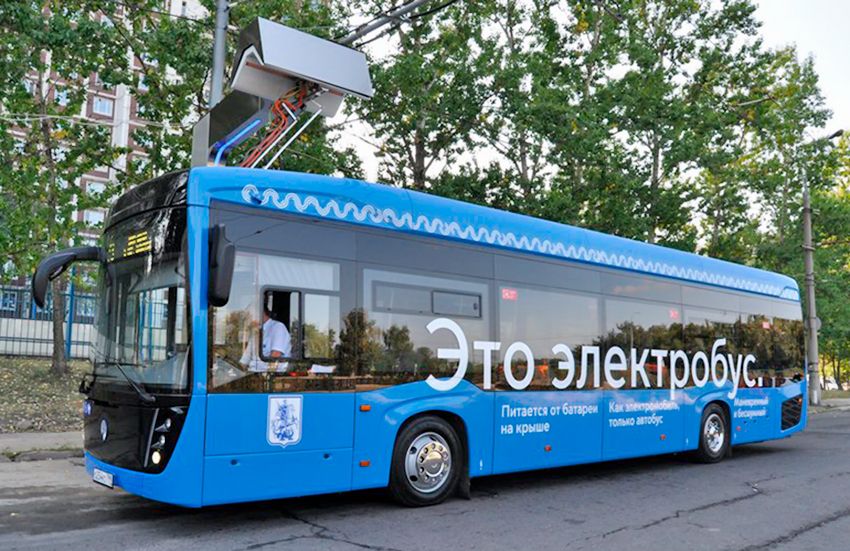
In the future will have more possibilities of savings by reducing the cost of batteries (obviously already a new generation – ed.) for electric buses.
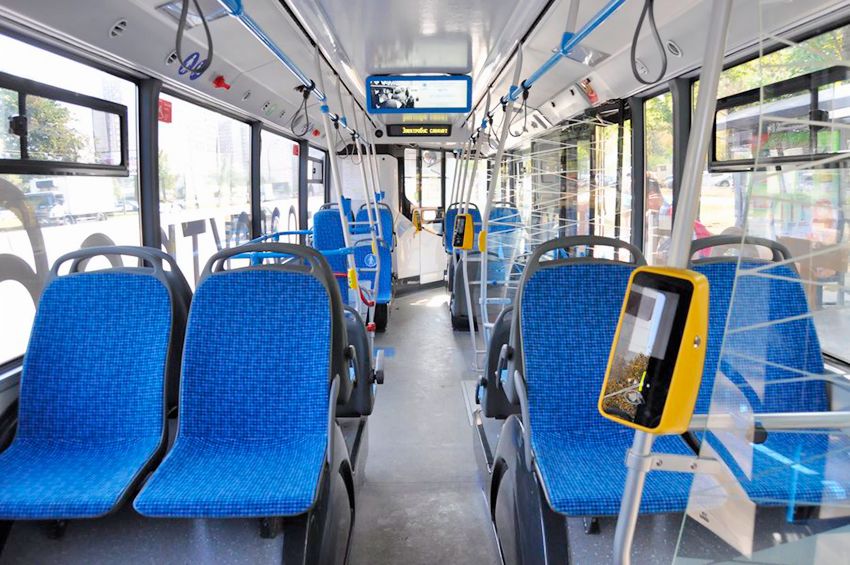
He also stressed that Moscow has made a choice in favor of innovative transport, and it is not only about ecology but also about the development of the city as a modern metropolis. Now the number of employees on the routes of buses drivers of the Russian capital ahead of all European cities.
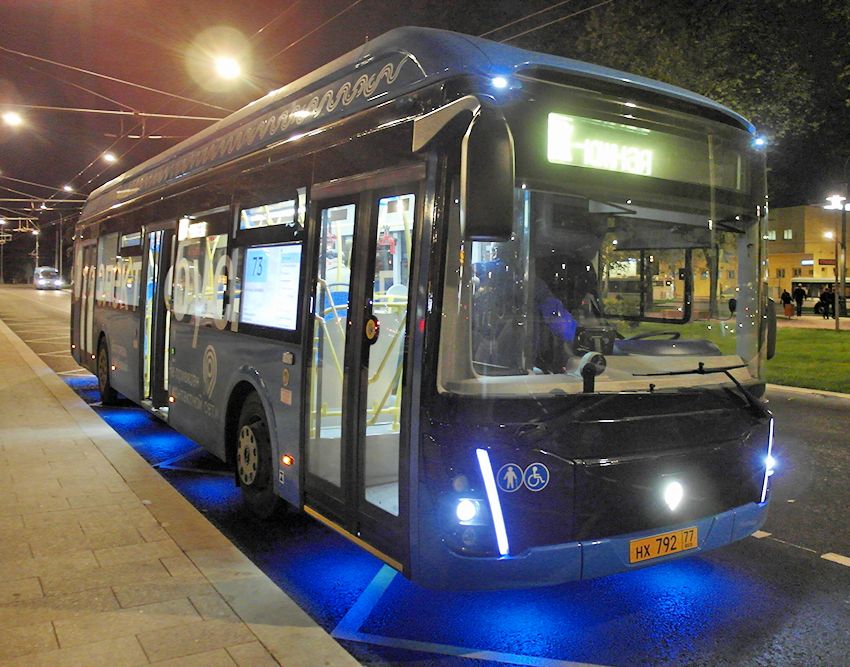
According to the city authorities, every day of the buses in Moscow are more than 100 thousand people. Mayor Sergei Sobyanin said earlier that by the end of this year, the number of buses in the capital will be increased to 300 units, and from 2021 it is planned to almost completely abandon the purchase of diesel buses and switch to this environmentally friendly form of transport.
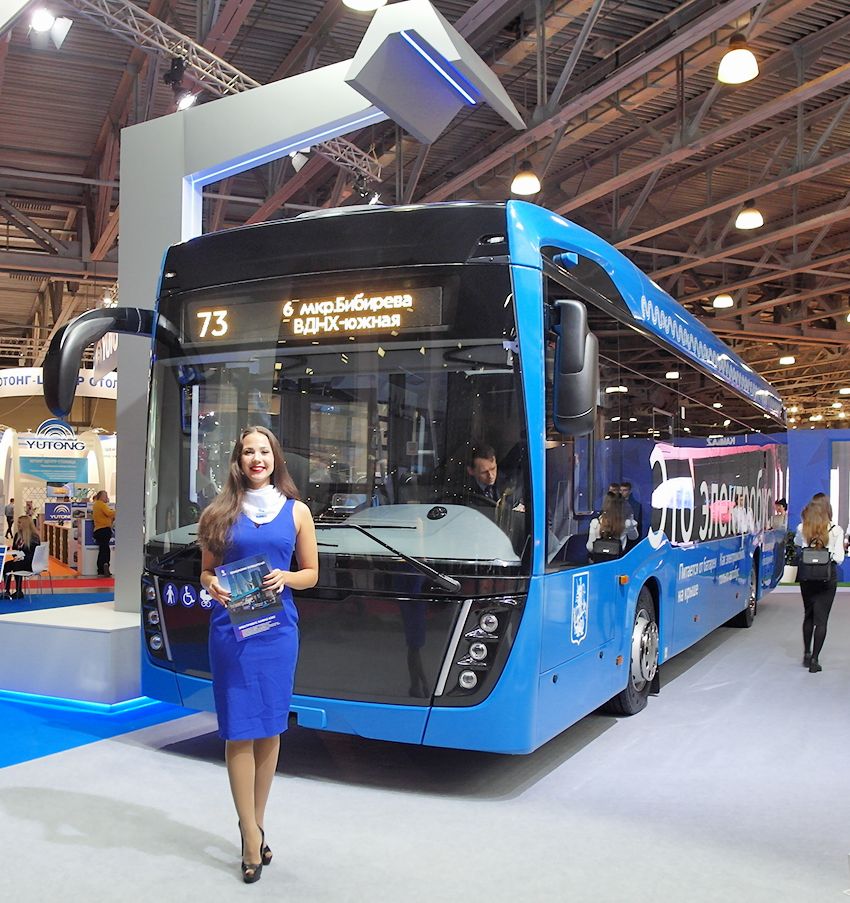
PS save up to 10% of the buses against the trolley? And where, sorry, specific numbers? Here I am, a few years ago I saw a rather serious study, which clearly concludes that profitable in the current economic climate may not be pure battery electric buses, namely, that the trolleybus with extended Autonomous course, based on existing contracted network and equipped with batteries of smaller size and weight than the current buses.
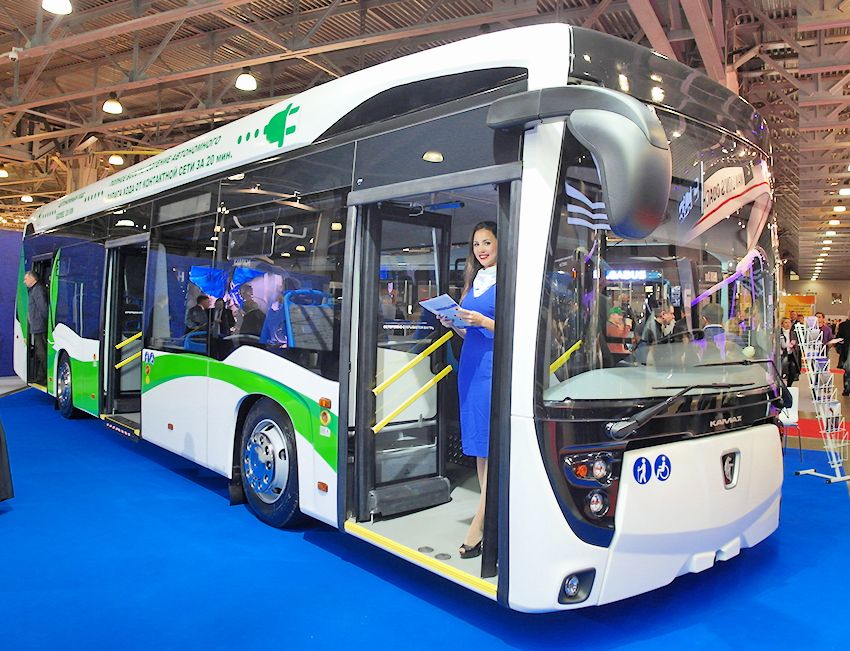
However, no private charging stations they do not need. But the current city government light, or at least compromises on the path of progress is looking and, despite the apparent high cost of the batteries the current generation of hard to get rid, no, not from the diesel buses (they are still quite actively purchase, including compensation for liquidated trolleybus routes), and by definition, environmentally friendly (including electric and not diesel as buses, heating cabin) trolleybuses. According to "chief of the transport Department," Mr. he said: "Any wires are so last century". Well what can I say? Except that to quote a wise proverb of the Latins Festina lente, one of translation which sounds like: "it's vertices, but do not hurry".
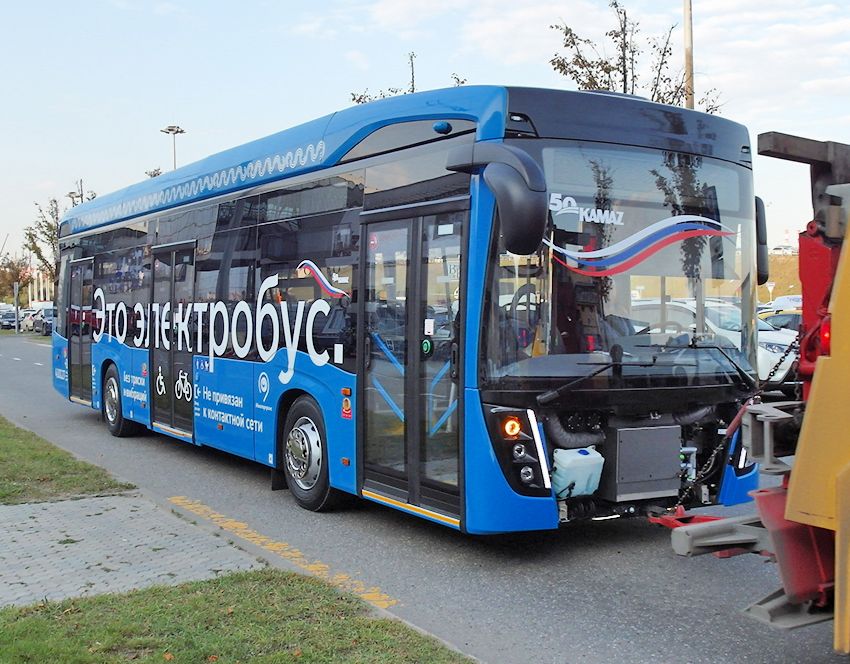
P. P. S. But Moscow is the most elektrobosna city in Europe!
In this regard, recall the relatively "Medobory" the anecdote about the captain on the sailing ship "Titanic" passengers on the two news – good and bad. As usual, the passengers were asked to report good news. "But we get 12 Oscars!", – answers the captain. If rich Europe so careful about introducing electric bus and fully retains the classic trolley buses, where they, of course, it is not because suffering from obscurantism, but because it really knows how to count money (and lives because, among other things, better than other parts of the world). In our country, including Moscow, there are plenty of other much more pressing areas for investment, which could provide greater returns, and environmental impact (e.g. waste recycling companies in the modern, not outdated technology).
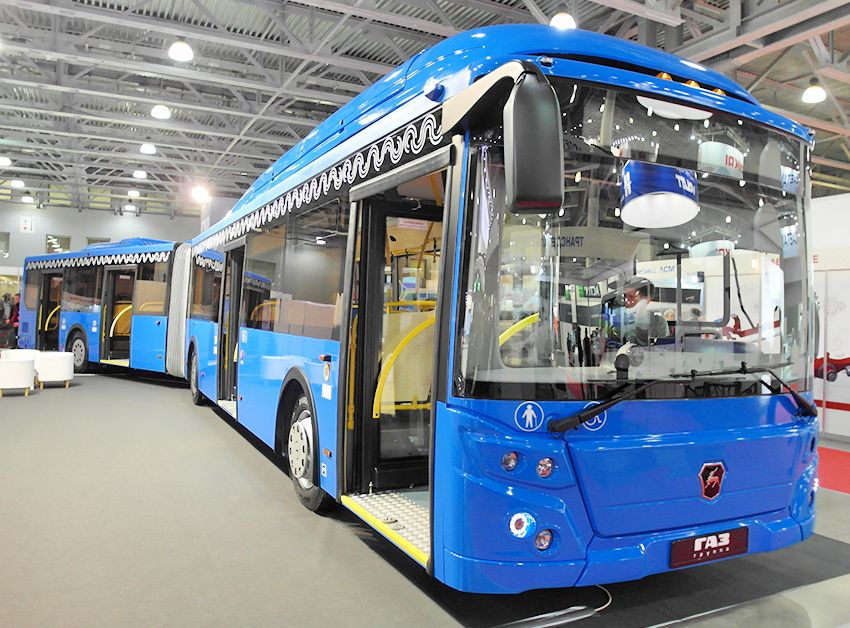
In the area of the same public transport, for example, gasification (real, not for show) the same buses. But, battery-electric buses (and then only as auxiliary means of transport) would be no earlier than the moment when you see these same batteries "reduced cost"..
|
|
|
Element was not found.








